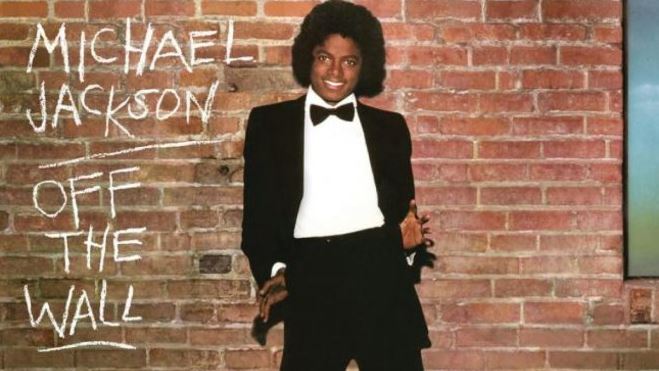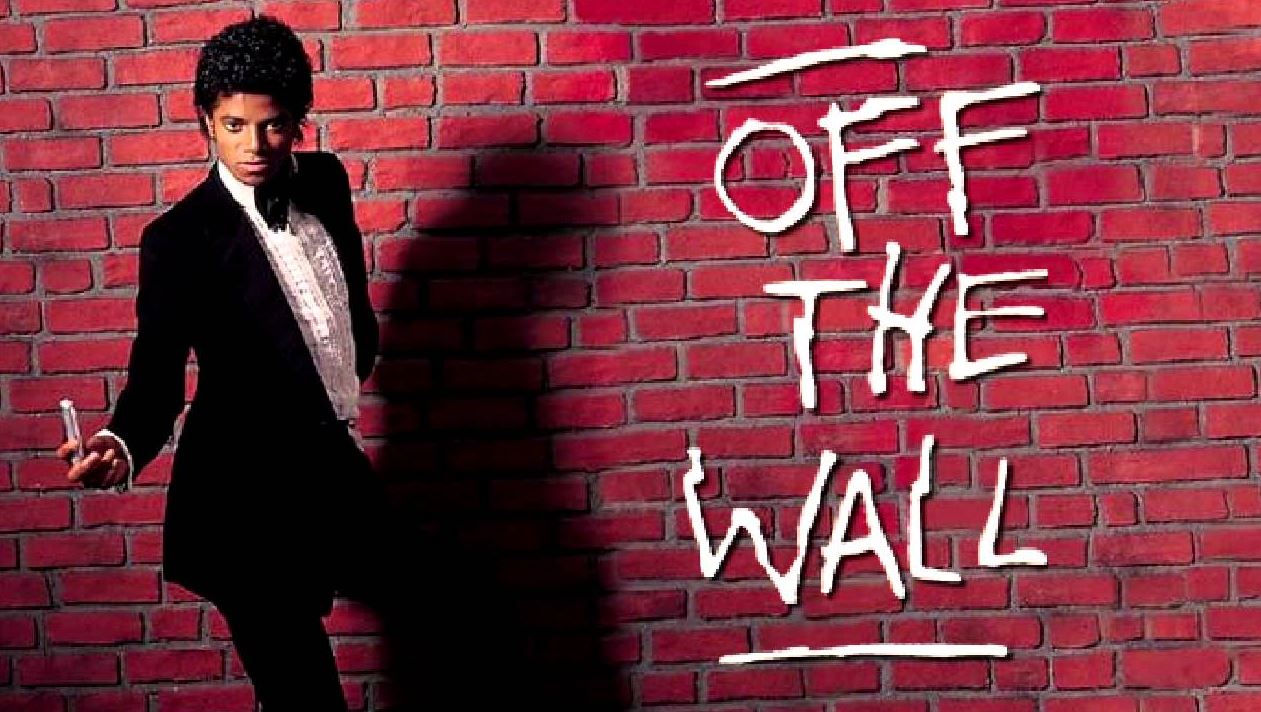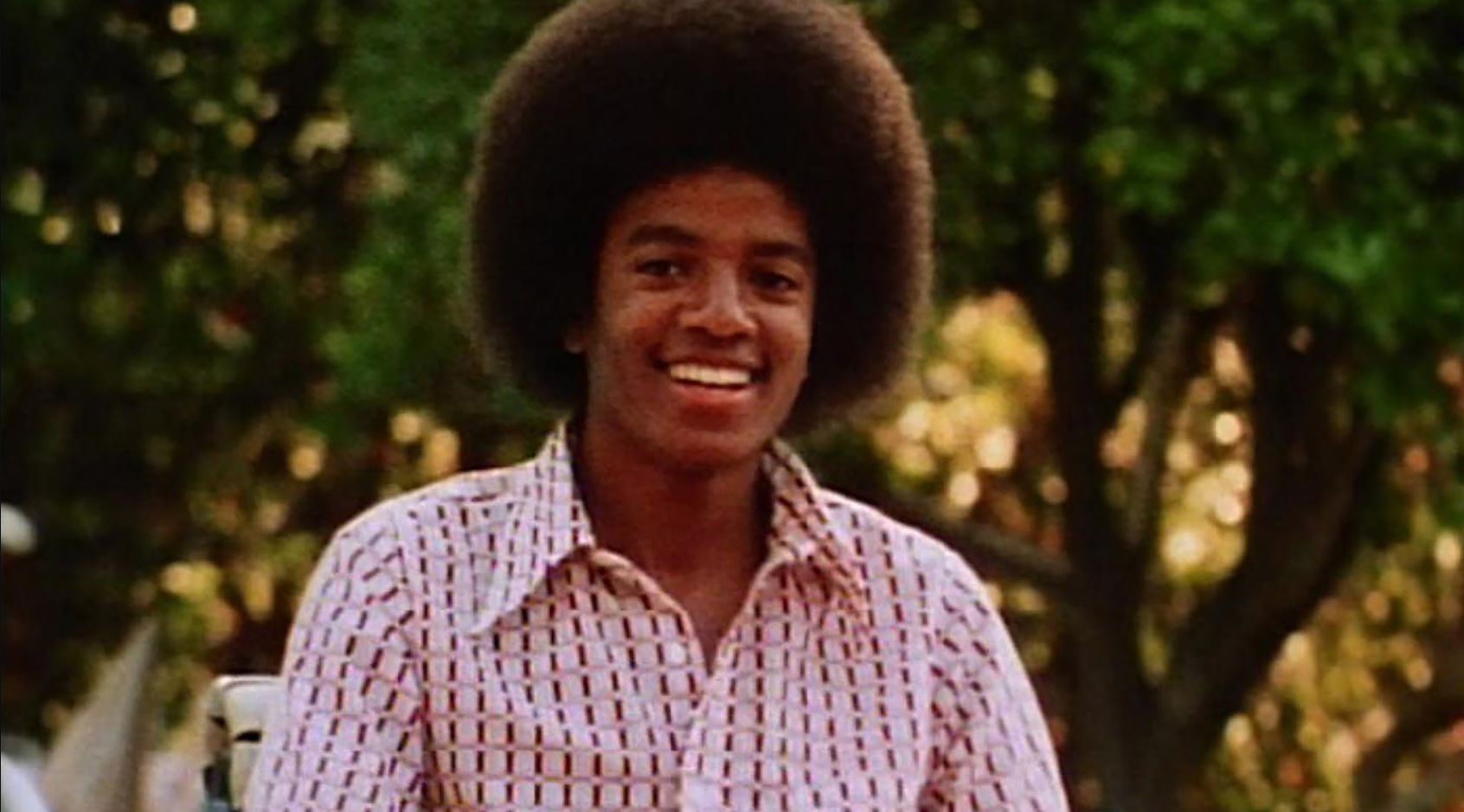Michael Jackson’s Journey from Motown to Off the Wall, directed by renowned filmmaker Spike Lee, chronicles the transformative years of Michael Jackson as he ascended from a Motown prodigy to a revolutionary pop icon with the release of his breakthrough album ‘Off the Wall’ in 1979. This documentary, which premiered at the 2016 Sundance Film Festival.
Spike Lee, who previously captured Michael Jackson’s later career stages in the documentary “Bad 25,” returns with a deeper dive into Jackson’s early adult years, focusing particularly on a pivotal moment when his artistic vision came into full bloom. By utilizing a wealth of archival footage alongside contemporary interviews with close friends, collaborators, and music critics, Lee crafts a vivid portrait of a young artist at a critical juncture in his career.
The significance of “Journey from Motown to Off the Wall” extends beyond mere biography. This film captures a critical shift not only in Michael Jackson’s personal career but also in the broader landscape of music. ‘Off the Wall’ marked Jackson’s departure from the Motown sound that had defined his earlier youth-centric music with the Jackson 5, ushering in a new era of pop music characterized by its blend of funk, disco, and pop. This album not only redefined Jackson’s career but also influenced the direction of contemporary music, making the documentary a crucial exploration of cultural and musical innovation.
Thus, Spike Lee’s documentary is more than a historical record; it’s a celebratory exploration of artistic growth and the enduring impact of one of music’s most legendary figures. It serves as an essential piece of musical history, illustrating how Jackson’s work continues to resonate and inspire artists and fans alike.
| Documentary Title | Michael Jackson’s Journey from Motown to Off the Wall |
|---|---|
| Director | Spike Lee |
| Premiere | 2016 Sundance Film Festival |
| Focus | Transformation from Motown prodigy to pop icon with the release of ‘Off the Wall’ |
| Key Content | Archival footage, interviews with friends, collaborators, and critics |
| Significance | Illustrates the shift in Jackson’s music style and its impact on pop music |
| Contribution | Exploration of cultural and musical innovation; impact on future artists |
Contents
Background
Michael Jackson’s journey into the limelight began at an extraordinarily young age with the Jackson 5, a group formed with his brothers in Gary, Indiana. Managed by their father, Joseph Jackson, the group quickly rose to fame after signing with Motown Records in 1969. Their early hits, including “I Want You Back,” “ABC,” and “I’ll Be There,” catapulted them to the forefront of the music scene, showcasing young Michael’s remarkable vocal abilities and charismatic stage presence. By the age of ten, Jackson was not only a pop sensation but also the standout star of the family group.

During the 1970s, Michael began to release solo albums while still performing with the Jackson 5. Albums like Got to Be There (1972) and Ben (1972) were crucial in establishing Jackson as a solo artist capable of carrying both the emotional depth and commercial appeal required to succeed independently of the group. These projects allowed Jackson to explore different musical styles and begin to shape his unique voice in the industry.
Motown Records, under the leadership of Berry Gordy, played an instrumental role in crafting the early image and sound of Michael Jackson. The label’s emphasis on cross-over appeal and its assembly line approach to music production were critical in presenting Jackson and the Jackson 5 to a broader audience. Motown’s influence extended beyond music to shaping Jackson’s public persona, choreography, and overall artistic direction. However, as Jackson matured, his artistic ambitions grew beyond the confines of the Motown sound, setting the stage for his later innovations.
Spike Lee’s involvement with Michael Jackson’s legacy began with the documentary Bad 25 (2012), commemorating the 25th anniversary of Jackson’s album Bad. This project not only revisited the album’s impact and production but also highlighted Lee’s deep respect and admiration for Jackson’s work. By focusing on a specific period in Jackson’s career, Lee was able to delve into the nuances of his subject’s artistic evolution and the cultural context surrounding his milestones. This approach laid the groundwork for a more profound exploration in Journey from Motown to Off the Wall.
| Early Career | Started with the Jackson 5, formed with his brothers and managed by Joseph Jackson. Signed with Motown Records in 1969. Hits included “I Want You Back,” “ABC,” and “I’ll Be There.” |
|---|---|
| Solo Career Start | Released solo albums like Got to Be There (1972) and Ben (1972) while still part of the Jackson 5. Began to establish a unique voice in the industry. |
| Role of Motown Records | Led by Berry Gordy, Motown was instrumental in crafting Michael’s early sound and image, focusing on crossover appeal and an assembly line music production approach. |
| Spike Lee’s Involvement | Began with the documentary Bad 25 (2012), focusing on the 25th anniversary of the album Bad. Led to deeper exploration in Journey from Motown to Off the Wall. |
The Making of ‘Off the Wall’
The creation of Off the Wall marked a significant turning point in Michael Jackson’s career. It was during this time that Jackson firmly took the reins of his musical direction, working closely with producer Quincy Jones, whom he met while working on the 1978 movie musical The Wiz. Their collaboration was pivotal, blending Jackson’s incredible vocal prowess with Jones’s sophisticated touch and understanding of the music industry. This album allowed Jackson to break free from the earlier Motown style and dive into a blend of pop, soul, funk, and disco, effectively creating a new sound that was entirely his own.
Off the Wall featured a host of notable collaborators who helped shape its sound. Songwriters like Rod Temperton and Stevie Wonder, musicians such as Larry Carlton, and vocalists like Patti Austin contributed to the album’s eclectic sound. The documentary highlights these collaborations, showing how each artist brought their unique style to the project, thus enriching the overall texture of the album.

Spike Lee extensively uses archival footage in the documentary to bring to life the era during which Off the Wall was created. This footage includes studio recordings, interviews, and performances that help illustrate Michael Jackson’s metamorphosis from a child star into a sophisticated artist. These glimpses into Jackson’s world not only enhance our understanding of his creative process but also showcase the intense dedication and hard work that defined his approach to music and performance.
Through detailed exploration of Jackson’s early career, the influence of Motown, and the groundbreaking production of Off the Wall, the documentary encapsulates a transformative period in the King of Pop’s career, underpinned by Spike Lee’s insightful narrative direction.
| Turning Point | Off the Wall album marked a significant career shift for Michael Jackson, with him taking control of his musical direction in collaboration with Quincy Jones. |
|---|---|
| Collaboration | Quincy Jones met Jackson during The Wiz (1978). The album featured contributions from Rod Temperton, Stevie Wonder, Larry Carlton, Patti Austin, and others. |
| Album Style | The album blends pop, soul, funk, and disco, breaking away from Jackson’s earlier Motown style. |
| Documentary Content | Uses archival footage of studio recordings, interviews, and performances to illustrate Jackson’s evolution into a sophisticated artist. |
| Spike Lee’s Role | Lee’s narrative direction provides a detailed exploration of Jackson’s career, particularly the making of Off the Wall and its cultural impact. |
Key Themes and Elements
“Journey from Motown to Off the Wall” vividly captures Michael Jackson’s transformation from a Motown child prodigy to an international pop sensation. This transition is meticulously depicted through the evolution of his music and performance style. In his early years with the Jackson 5, Jackson was molded by Motown’s formulaic approach, characterized by catchy pop songs aimed at a broad audience. However, as depicted in the documentary, Jackson’s move to produce Off the Wall marked a significant departure. This album embraced more complex musical elements, blending pop with funk, disco, and jazz, and showcased Jackson’s mature vocal versatility and innovative artistic vision. Spike Lee uses interviews and studio footage to highlight how Jackson’s voice, once tailored to fit the Motown mold, became a versatile instrument that pushed the boundaries of pop music at the time.

The documentary emphasizes the cultural significance of Off the Wall by positioning it within the broader context of late 1970s America. It illustrates how the album broke racial barriers in the music industry, with its success on pop charts traditionally dominated by white artists, thus paving the way for future African-American artists. Lee brings attention to the album’s reception and its role in shaping the era’s music scene, influencing genres and inspiring a generation of musicians and fans alike. The film also touches on how the album’s upbeat, optimistic sound provided a stark contrast to the economic and social challenges of the time, offering a form of escapism and joy to its listeners.
Throughout the documentary, Spike Lee does not shy away from the personal hurdles that Michael Jackson faced during his transformation. Challenges such as intense media scrutiny, the pressure to exceed the success of his early Motown years, and his quest for creative independence are explored. These elements are brought to life through personal anecdotes and archival interviews, showing Jackson’s resilience and dedication to his art despite these obstacles. The film portrays Jackson’s journey not just as a tale of musical evolution, but as a narrative of personal growth and overcoming adversity.
| Documentary Focus | Journey from Motown to Off the Wall captures Michael Jackson’s transformation from a Motown child prodigy to an international pop icon. |
|---|---|
| Early Career | Started with formulaic Motown pop songs with the Jackson 5, aimed at broad audiences. |
| Artistic Evolution | Off the Wall album marked a departure, blending pop with funk, disco, and jazz, showcasing mature vocal versatility and artistic innovation. |
| Cultural Significance | The album broke racial barriers on pop charts and influenced the late 1970s music scene, providing escapism and joy despite economic and social challenges. |
| Challenges Explored | The film discusses personal hurdles like media scrutiny and the pressure of surpassing early successes, highlighting Jackson’s quest for creative independence. |
| Director’s Approach | Spike Lee uses interviews and archival footage to explore Jackson’s musical and personal growth, emphasizing his impact and the difficulties he faced. |
Interviews and Contributions
The documentary features a diverse cast, from family members like Jackie, Marlon, and Katherine Jackson, to artists and collaborators such as Pharrell Williams, John Legend, and The Weeknd. Each contributes unique insights into both the personal and professional aspects of Michael Jackson’s life. While fellow musicians discuss his influence on their own work and the music industry at large. For instance, John Legend reflects on how Off the Wall inspired his approach to music, emphasizing the album’s perfect blend of sophistication and accessibility.
Music industry experts such as Quincy Jones, Smokey Robinson, and Rod Temperton offer detailed commentary on the technical aspects of Off the Wall and Jackson’s artistic process. Quincy Jones discusses the recording sessions, revealing how he and Jackson sought to create a sound that was both unique and commercially viable. Smokey Robinson shares stories of Jackson’s early days at Motown, providing context to his later achievements. These insights not only enrich the narrative of Jackson’s musical evolution but also offer a deeper understanding of his impact on the music industry.

In synthesizing these interviews and expert analyses, Spike Lee’s documentary paints a comprehensive picture of Michael Jackson’s transition from a child star to a groundbreaking artist. It highlights the blend of immense talent, personal determination, and cultural timing that allowed him to transcend his Motown roots and reshape the landscape of global pop music.
| Cast Diversity | Includes family members like Jackie, Marlon, and Katherine Jackson, and artists like Pharrell Williams, John Legend, and The Weeknd. |
|---|---|
| Contributions | Family provides personal anecdotes; artists discuss Jackson’s influence on their work and the industry. |
| Industry Insights | Quincy Jones, Smokey Robinson, and Rod Temperton provide technical and historical context on Jackson’s work and the music industry. |
| John Legend’s Reflection | Reflects on how Off the Wall inspired his musical approach, emphasizing its sophistication and accessibility. |
| Documentary Impact | Spike Lee’s documentary offers a comprehensive view of Michael Jackson’s career transition, highlighting his talent, determination, and the cultural timing of his rise. |
Reception and Impact
Upon its premiere at the Sundance Film Festival in 2016, “Michael Jackson’s Journey from Motown to Off the Wall” directed by Spike Lee received widespread acclaim from both critics and audiences. Critics praised the documentary for its detailed exploration of a pivotal phase in Michael Jackson’s career and its thorough depiction of his artistic evolution. The New York Times highlighted the documentary’s ability to “bring vivid life to Jackson’s transformative early adult years,” while Rolling Stone lauded it for offering “unprecedented insights” into Jackson’s creative genius. Viewers appreciated the rich narrative, bolstered by extensive archival footage and personal interviews, providing a deeper understanding of Jackson’s motivations and challenges as he crafted one of his most iconic albums.

The documentary has significantly impacted viewers’ understanding of Michael Jackson’s legacy, especially highlighting his role in shaping modern pop music. It has allowed fans and new audiences alike to appreciate the depth of Jackson’s artistry beyond his more commercially popular hits from the “Thriller” era. By focusing on the “Off the Wall” album, the film illustrates Jackson’s foresight in merging various musical styles, which later became a hallmark of his more celebrated works. Additionally, it underscores his influence on breaking racial barriers within the music industry, making it relevant in discussions about cultural diversity in contemporary music and entertainment.
| Premiere | 2016 Sundance Film Festival |
|---|---|
| Critical Reception | Received widespread acclaim; praised for detailed exploration of Michael Jackson’s career and artistic evolution. |
| Media Reviews | New York Times praised its vivid depiction of Jackson’s transformative years; Rolling Stone highlighted unprecedented insights into his creativity. |
| Viewer Appreciation | Viewers appreciated the rich narrative, extensive archival footage, and personal interviews that offered a deeper understanding of Jackson’s motivations and challenges. |
| Impact on Legacy | Enhanced understanding of Jackson’s role in shaping modern pop music, his foresight in merging musical styles, and his influence on breaking racial barriers in the music industry. |
This article delves into the intricacies of Spike Lee’s documentary, “Michael Jackson’s Journey from Motown to Off the Wall,” exploring its thorough depiction of Michael Jackson’s early career with the Jackson 5, his departure from Motown, and his groundbreaking work on “Off the Wall.” Through a mix of interviews, expert analysis, and archival footage, the film paints a comprehensive portrait of Jackson’s evolution from a child star into a defining figure in pop music. It also examines the album’s cultural significance and its role in setting new precedents for the music industry.
“Off the Wall” is not just an album but a milestone in music history, and its legacy is adeptly captured in Lee’s documentary. This work marked the beginning of Jackson’s transformation into a global superstar, showcasing his ability to innovate and cross genre boundaries. The album’s influence is still felt today in the way artists approach the fusion of sounds and in how music can be used as a tool for social change and personal expression. The documentary reinforces the album’s lasting impact on music and culture, highlighting how Jackson’s innovative spirit paved the way for future generations of artists.
Michael Jackson’s musical journey, as encapsulated in Spike Lee’s documentary, not only illuminates his profound impact on the world of music but also on global culture. The documentary serves as a crucial educational tool, preserving the rich musical history associated with one of the most influential artists of the 20th century. It underscores the importance of documentary films in maintaining the legacy of musical legends like Jackson, ensuring that their contributions to music and culture are appreciated by future generations. Through this film, viewers gain not just a deeper understanding of Michael Jackson’s artistic journey but also an appreciation for the power of music as a transformative force in society.

